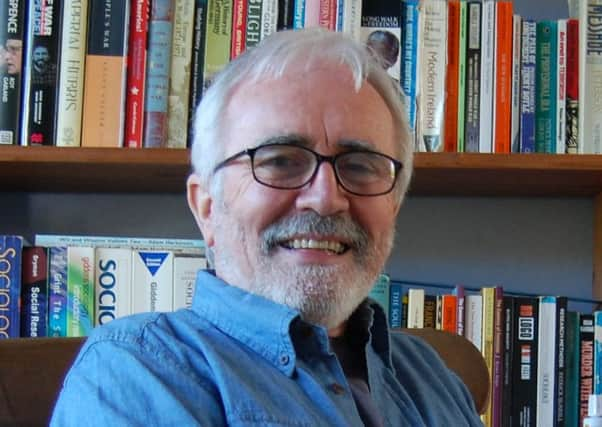Do you own, or possess?


You might say that owning and possessing are the same thing, but there’s a subtle difference. To possess something is to have it included in your inventory, part of your household belongings, something that might be necessary to function effectively. But if you own it, it is part of your identity, it defines who you are. For example, if you possess a fine car you could see it as a means of safe and reliable transport; if you own it, you might expect people to attach status to you because you drive a top-of-the-range Mercedes and not a run-of-the-mill Ford.
To possess means that you hold lightly onto things, so that if you lose them, so what? You can see this in Abraham’s life when he divided up the land that God had promised him, between himself and his nephew Lot. They were very wealthy men, but they had so many sheep and goats and cattle that the land couldn’t support them both and quarrels began between their herdsmen.
Advertisement
Hide AdAdvertisement
Hide AdAbraham said to Lot, ‘Let’s not allow this conflict to come between us, or our herdsmen. The whole countryside is open to you. Take your choice of any section of the land you want, and we will separate. If you want the land to the left, then I’ll take the land on the right. If you prefer the land on the right, then I’ll go to the left.’
That’s the difference, and if we don’t make the distinction our spiritual lives can become confused.
Paul put it well; ‘...the things we can see and touch will soon be gone. The things we can’t see will last forever.’
I was brought up in Portadown. Not far from my family home was the beautiful hamlet of Charlemont that I visited frequently with my father when I was a boy.
Advertisement
Hide AdAdvertisement
Hide AdHe told me of Lord Mountjoy, who in the early 17th century built a castle for himself there. It is said that as he was dying at the age of 43, he sat on his veranda looking across the rolling green hills, and he cried, ‘O Charlemont, Charlemont, why must I leave thee?’
Like many of us, Lord Mountjoy had invested his life in acquiring property, power and status, and when it came time to leave them all behind, it broke his heart.
That is the great deceit, the hollow value of materialism. If we devote ourselves to the here and now, amass our wealth, hold tightly to what we’ve got, then one day the awful futility of it all will dawn on us.
One of the most basic teachings of the Master you’ll find in the Sermon on the Mount; ‘Don’t store up treasures on Earth, where moths eat them and rust destroys them, and where thieves break in and steal. Instead, store your treasures in heaven, for where your treasure is, there the desires of your heart will also be’. And yet the Anglican Commissioners, for example, manage investments to the value of £5.2bn on behalf of the Church.
Advertisement
Hide AdAdvertisement
Hide AdBegs the question, doesn’t it; if organised religion has got this most basic of biblical principles wrong, can we take its claim to represent Christ on Earth seriously? And if not, is it legitimate for us to bypass the structure and engage with our God independent of them?